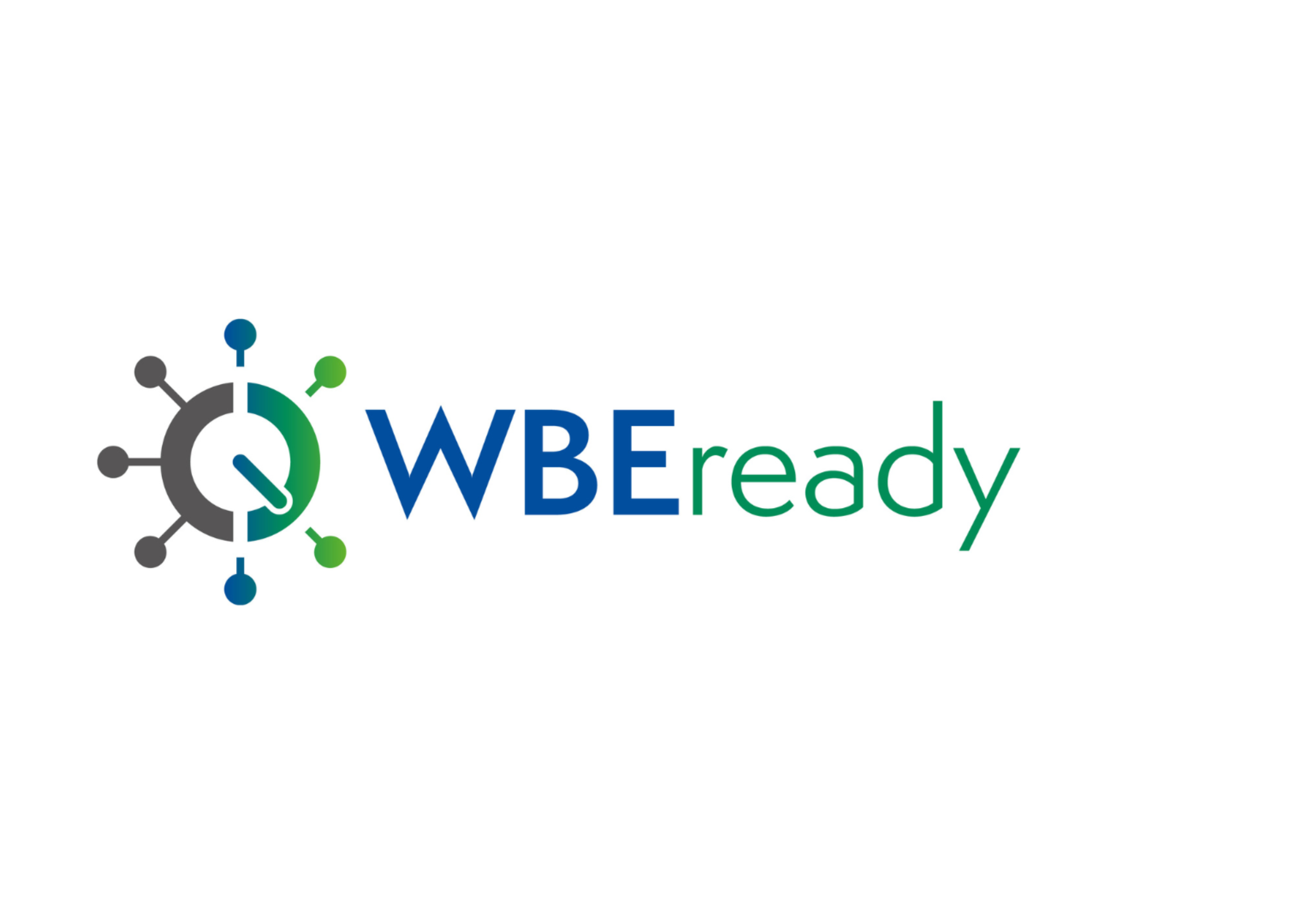
WBEready
Wastewater-Based Epidemiology and Preparedness. Research needs for a roadmap to build adaptive surveillance capacity in public health.
During the COVID-19 pandemic, wastewater-based epidemiology (WBE) was able to provide early indicators of infection. In addition, WBE enables regional surveillance and can assist public health in assessing the effectiveness of infectious disease control measures. However, to realise the full potential of WBE, new analytical, technical, epidemiological and institutional research questions need to be addressed.
The overall goal of the interdisciplinary WBEready consortium is to develop a roadmap for the establishment of a future-oriented WBE with adaptive monitoring capabilities in the public health sector. Central questions include which new target parameters are suitable for the establishment of WBE, which requirements are epidemiologically necessary and how WBE can support the institutional work of the public health sector.
In addition to SARS-CoV-2, other pathogens including circulating and emerging human pathogenic viruses and antimicrobial resistance in wastewater will be analysed. The study area will be the Emschergenossenschaft and Lippeverband (EGLV) area with a focus on the Ruhr area as a real-world laboratory.
As part of the real-world laboratory, we at InUH will develop and test different small-scale sampling strategies following a comprehensive socio-spatial characterisation of small-scale catchment areas within the sewer network. These small-scale sampling strategies will allow geographical-epidemiological analysis of the temporal and spatial variance of viruses, virus variants and AMR bacteria in the wastewater of a German metropolitan region.
Click here to visit the WBEready project website
In Cooperation with:
Data Science, Institute for Artificial Inteligence in Medicine (IKIM), University Hospital Essen
Institut für Siedlungswasserwirtschaft (ISA), RWTH Aachen University
Forschungsinstitut für Wasserwirtschaft und Klimazukunft an der RWTH Aachen e. V.
Contact InUPH

Dr. rer. nat.
Dennis Schmiege
Project coordinator InUPH
Related Publications:
• Schmiege D, Haselhoff T, Thomas A, Kraiselburd I, Meyer F, Moebus S. Small-scale wastewater-based epidemiology (WBE) for infectious diseases and antibiotic resistance: A scoping review. International Journal of Hygiene and Environmental Health. 2024;259:114379. https://doi.org/10.1016/j.ijheh.2024.114379
• Schmiege D, Kraiselburd I, Haselhoff T, Thomas A, Gosch J, Doerr A, Schoth J, Teichgräber B, Moebus S, Meyer F. Analyzing community wastewater in sub-sewersheds for the small-scale detection of SARS-CoV-2 variants in a German metropolitan area. Science of the Total Environment, 898, 165458. 2023. https://doi.org/10.1016/j.scitotenv.2023.165458
• Schmiege D, Zacharias N, Sib E, Falkenberg T, Moebus S, Evers M, Kistemann T. Prevalence of multidrug-resistant and extended-spectrum beta-lactamase-producing Escherichia coli in urban community wastewater. Science of The Total Environment. 2021;785:147269. https://doi.org/10.1016/j.scitotenv.2021.147269
Funded by:
Federal Ministry of Health
